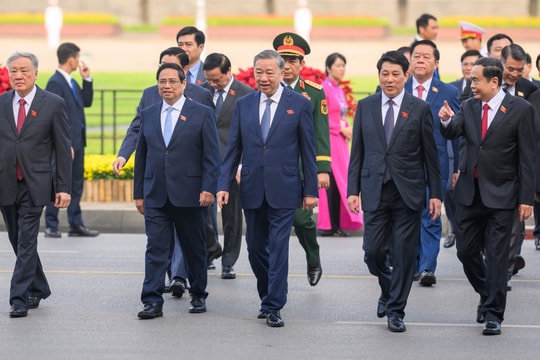Proposal to pilot staff working from home, going to the office 1-2 times a week
Speaking at the discussion group, National Assembly delegate Ngo Duy Hieu (Hanoi) proposed a pilot solution for officials and civil servants in some fields to work from home without having to go to the office.
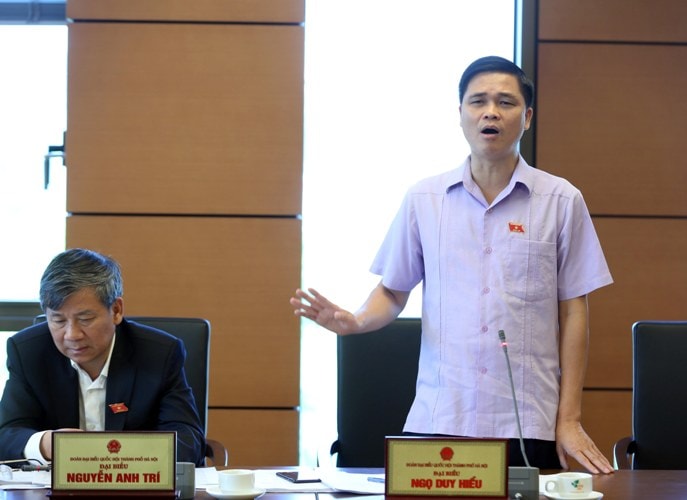 |
| Deputy Ngo Duy Hieu (Hanoi). Photo: Dam Duy |
On the morning of November 14, the National Assembly discussed the draft Resolution on piloting special mechanisms and policies for the development of Ho Chi Minh City.
Speaking at the group, Deputy Ngo Duy Hieu commented that after 5 years of applying the special mechanism, Ho Chi Minh City's revenue could increase significantly. However, this Deputy also raised the issue of how to ensure sustainable development for Ho Chi Minh City.
Delegate Hieu also supports the policy of increasing income for officials. Along with that, Ho Chi Minh City should have regulations on recruiting officials and attracting talent, and should not have rigid exams as at present.
This Hanoi delegate also proposed a pilot solution for officials, civil servants and public employees in some fields to work from home, without having to go to the office, only needing to go to the office 1-2 times a week. He argued that there are jobs that are not necessarily more effective when done at the office than at home. Meanwhile, when workers go out, it brings many consequences such as causing traffic jams, wasting time, electricity and water costs...
Agreeing with the issuance of the Resolution on piloting special mechanisms and policies for the development of Ho Chi Minh City, Delegate Hoang Van Cuong (Hanoi) suggested that the special mechanism should be considered when it focuses too much on finance and increasing revenue to have more capital. "This is necessary, but if we focus too much on it, it is not certain that it will create sustainable development. It is necessary to increase the specificity in attracting investment, promoting investment, there must be a special investment attraction mechanism here," Delegate Cuong suggested.
According to Deputy Cuong, Ho Chi Minh City can increase the income of its staff, but along with that, it must change the mechanism of human resource management, recruiting competent people, and screening out weak staff.
According to Minister of Finance Dinh Tien Dung, the piloting of specific mechanisms and policies for the development of Ho Chi Minh City must be in accordance with the Constitution. There are some areas that are decentralized to the Prime Minister, but in the near future, they will be handed over to the City to ensure faster and more appropriate implementation. As for issues under the authority of the Ministry and the sector, which are not regulated by law but are under the Government's Decree, after the National Assembly has a Resolution, the Government will have a Decree to guide the continued decentralization to the City.
National Assembly Chairwoman Nguyen Thi Kim Ngan assessed that Ho Chi Minh City is the largest budget revenue collection unit in the country, and the rate of regulation to the Central Government is also the highest. Currently, the city is only allowed to retain 18% of all revenues, 82% is paid to the Central Government. The number of revenues retained compared to the period before 2017 has decreased by 5%.
The National Assembly Chairman said that if Ho Chi Minh City regulates below 20%, development will be slow. “The city is the locomotive of the whole country, the driving force of development, and if it goes slowly, the cars behind will also slow down. The regulation of a special mechanism is not only for Ho Chi Minh City but for the whole country,” the National Assembly Chairman emphasized.
According to Dan Viet

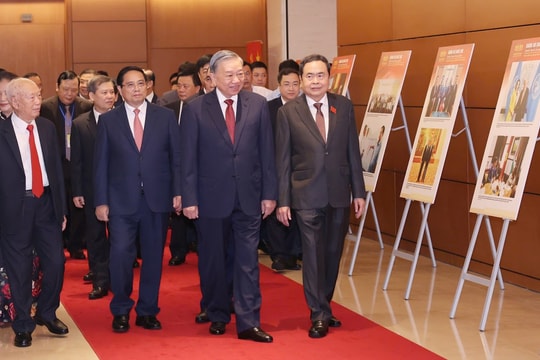
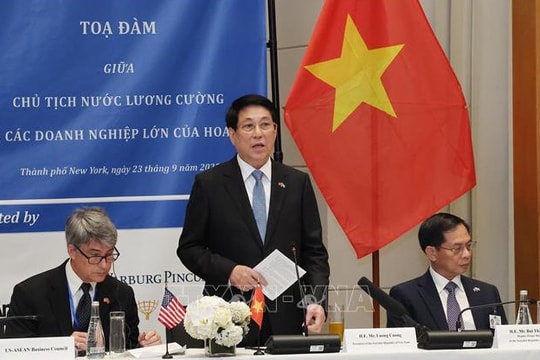
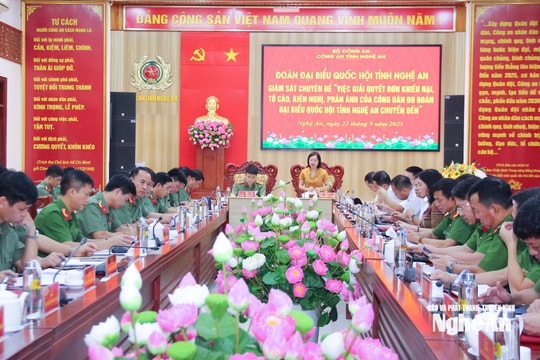
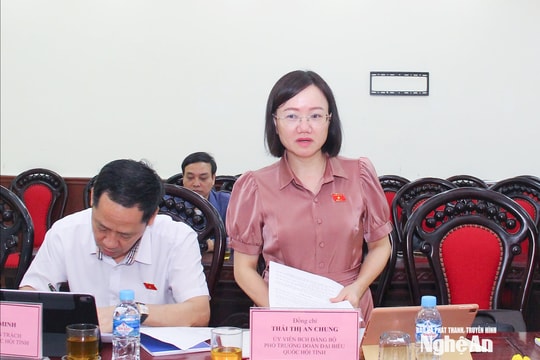
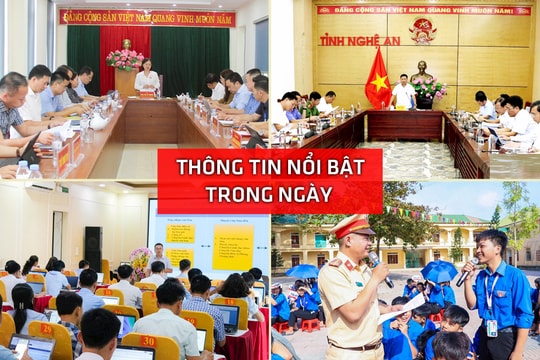
.jpg)
